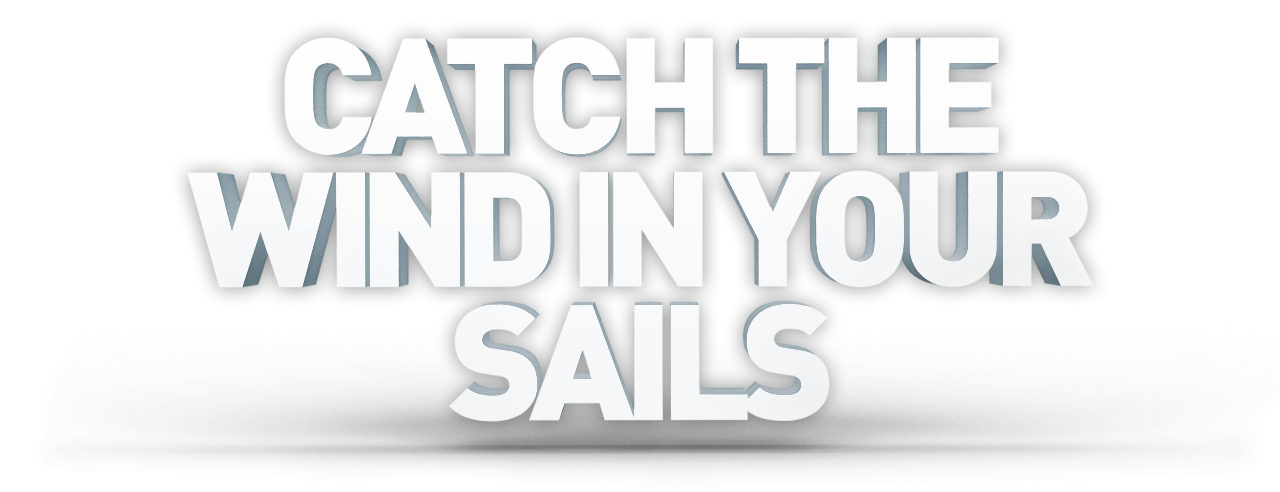
Loading Article
When AutoPilot Isn’t Getting You Where You Want to Go

Today, sailing crews have GPS to get them from place to place, no nautical charts or sextants needed. But what happens when the equipment fails or you need to navigate unfamiliar shoals?
If you read my posts, you know that I’m a proponent of digital automation to make us more efficient and productive. But, recently, I had a first-hand experience with the unfortunate limitations of the almighty algorithm.
As someone who has experience in pharmaceutical marketing, for example, I’m versed in the ways patients use the Internet to self-diagnose and treat their health problems. For example:
- A third of consumers prefer using online tools over the inconvenience and expense of physically going to see their doctors, the American Medical Association reports
- Despite the widespread availability of symptom checkers and teledocs, a sub-set of self-treaters will act on erroneous information and suffer health complications
You’d think I, of all people, would know the information in that second bullet. But recently, I followed the herd, putting more faith in a search engine, a bot and my own ability to parse medical information than I did in a physician.
My First-Hand Experience with Dr. Google
As a Masters swimmer, I spend most lunch hours in the pool. So, when my eyes got gritty and fire red and started to burn, I did what comes naturally—I jumped on Google to see what was up.
First, I tried a lot of the homeopathic cures the swimming community shared. I flushed my eyes with cool water. I used over-the-counter eye drops and warm compresses. I applied tea tree oil. At one point, I discovered a wealth of posts about the benefits of putting vitamin D fortified milk in your eyes—and I tried that, too, to no avail.
Next, I consulted the symptom checkers on the WebMD and Mayo Clinic websites, which produced different results. One suggested I might have blepharitis, dry-eye syndrome or allergies, while the other said uveitis, corneal abrasion or West Nile virus.
I’d reached an impasse. I’d spent a week avoiding the doctor and my condition had only gotten worse. Sure, I’d learned a lot about eye problems, but I hadn’t figured out how to resolve my own.
FYI, a recent study compared the diagnostic accuracy between physicians and online symptom checkers. Given my experience, the results were unsurprising. Armed with a patient’s medical history and symptoms, “doctors arrived at the correct diagnosis 72% of the time, as opposed to 34% for the apps.”
My Subsequent Visit with an Ophthalmologist
My neighbor said, “Your eyes look terrible. Have you seen a doctor?” I told him I’d been self-diagnosing and treating. He reminded me that I only get two eyeballs in this life and I’d better take care of them. I couldn’t argue with his logic.
I made an appointment with a specialist, who ran me through a battery of tests to check everything from eye pressure to tear production, and tear quality, to Meibomian gland function, to “corneal composition.” At one point, I think he looked into my soul.
When he was done, the doctor delivered his diagnosis. I had a severe infection likely triggered by blepharitis, ocular rosacea or both, and it had caused severe dry patches to form on the surfaces of my eyes.
It was, thankfully, treatable (not with milk). That day, I began a course of steroid-antibiotic eye drops and agreed to give up swimming for a few months. The very next day, my eyes looked and felt better.
Eye, Caramba!
Although I rely on digital tools in life and work, here’s what I learned:
- To save myself an hour at the doctor’s office, I’d invested a week digging through online resources and potentially damaging my eyes further.
- I’d become an informed patient. I was capable of asking the doctor relevant questions and understand the medical terms, diagnosis and treatment approach.
- Online tools supplement the healthcare system the same way first aid books did for basic health issues—like a sty or dry eyes—but they are unlikely to replace human expertise when it comes to complex conditions.
At the risk of stating the obvious, the same man v. machine dynamics also apply in marketing. Whether you use an email platform to automate outreach or an analytics program to generate performance data, you still need an expert to make sense of it all.
I’m curious what you think. Have our lives become so automated that we feel put out when we have to consult a real human being? Have we become so reliant on technology that we’re losing sight of the bigger picture?





































Comments (0)